By Michael Arthur Vacca, Esq., CMF CURO
In light of The Affordable Care Act’s failure to advance universal access or choice in health care, any replacement legislation should protect freedom of choice in health care and incentivize access to health care through competition in the marketplace. In this way, health care stays between the doctor and the patient and the human person within the family becomes the center of health care policy, which is what is required by Catholic social teaching owing to the transcendent dignity of the human person made in the image and likeness of God. After all, the government is not the only one that can pay for health care; why not have business owners and churches and non-profits, and associations help pay for increased access to health care? Certainly this is more consistent with the Catholic principle of subsidiarity. The government can certainly provide subsidies to help the poor, and help to structure the health care system with common sense policies that incentivize access to health care, such as allowing competition between state lines. But any abridgment of the human freedom to choose and pay for authentic health care, violating as it does human freedom and, thus, the dignity of the human person, can never be countenanced in the name of universal access to health care. Universal access to health care for human persons requires their consent, and if any government does not respect this principle, any health care it provides is not worth providing.

